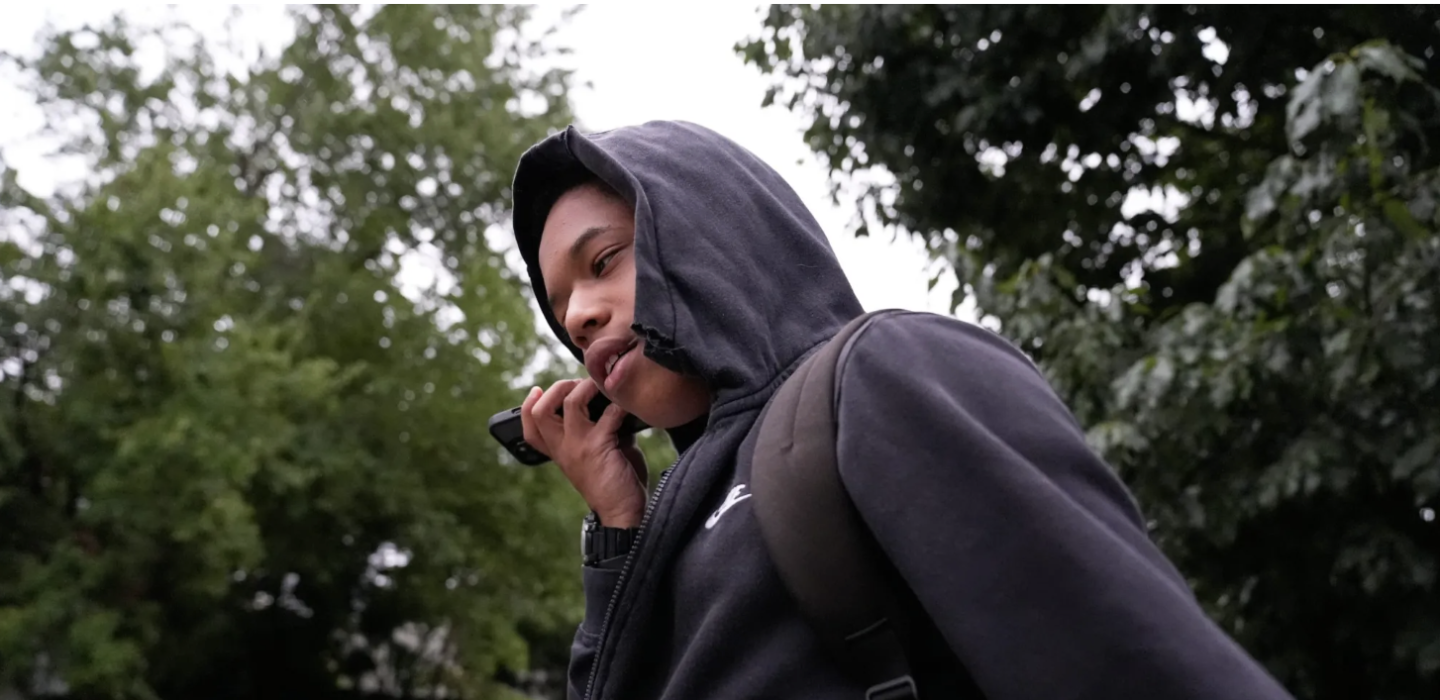5 insights into how get a real estate license from the president of RE/MAX

Each year, thousands of new real estate agents join the ranks of millions of others in the field trying to help buyers, sellers, and renters with their property needs.
While thousands of realtors are also leaving the sector, the U.S. Bureau of Labor Statistics predicts that the demand for real estate brokers and sales agents will continue to grow by 3% over the next decade.
ADVERTISEMENT
UNC Kenan-Flagler’s top-ranked online MBA
STEM-designated. Tar Heel ROI. No compromises. Visit Website
Despite volatility in the real estate space, including from high mortgage rates and the historic settlement with the National Association of Realtors, Amy Lessinger, president of RE/MAX, says the industry will adapt. For the sharpest realtors, she adds, it’s an opportunity for success and growth.
So for those who are eager for a challenge, look no further than real estate. However, as an internet search will prove, getting started in the field can be a complicated task, largely because the exact requirements to gain the proper licensure differs in each state.
While relatively new to her role leading one of the largest real estate companies in the U.S., Lessinger joined RE/MAX 26 years ago—at the age of 26—as a new agent herself. After years of hard work, she eventually bought a brokerage and helped lead a team of 135 agents to being dominant in their real estate market.
Fortune Recommends chatted with Lessinger about the world of real estate education and how individuals can navigate getting their real estate licensure and eventually be as successful as her. Here are some of the key steps:
- Have a self-assessment
- Complete pre-licensure training, background check, and fingerprinting
- Pass the real estate exam
- Find a brokerage that fits you
- Continue to learn and grow
Have a self-assessment: Do you have “fire in the belly”?
Before spending hundreds of dollars on real estate training, not to mention the hours of study and preparation needed to ace the exam, it is important to do your research in the real estate space.
First off, consider that it is an anxious time in real estate. During the pandemic, there was a surge of individuals who entered the real estate world, and now many of those individuals are getting out.
Also, don’t be fooled by realtors on social media and television. Even though many may have the appearance of being incredibly wealthy, their income may be coming from a variety of different sources other than just commission. They may also be weeping the benefits of those working for them in their brokerage.
Veteran realtors will tell you that the first few years of real estate involves long days, few days off, and overall strain on your family and personal life. The field is not for the faint of heart. However, there are also varying different levels of involvement in real estate; not everyone does it full time, not everyone is in residential sales; there are a number of ways to find a lane that fits best for your goals.
“I think they, (those starting out in the field), need to be honest about what they’re willing to give to their new profession: how much focus and attention and time can they devote to developing their skill set,” Lessinger explains. “And making sure that they can ramp up quickly, will be a key component of how successful they are over the long term.”
Some of the skills the best agents have are:
- Highly focused
- Self-motivated and directed
- Willing to hold themselves accountable
- Have a community network
Having a background in sales or marketing, for example, many times was an indication of a natural fit for real estate. However, she pointed out realtors ultimately come from all sorts of backgrounds.
“I wanted to find agents that had fire in the belly,” she says. “Because the business isn’t going to hold you accountable directly. You have to hold yourself accountable directly for doing the daily activities, and completing the tasks that are going to help you find more buyers and sellers to serve.”
Complete pre-licensure training
The next step is to put your passion into reality. First, check out your states’ requirements when it comes to pre-licensure training as well as its approved provider list.
In each state, there are dozens of programs—both online and in-person—where you can gain the necessary skills to receive licensure. In Texas, for example, there are about 65 qualifying education providers where one can take the 180 hours of required coursework. The price may also differ based on provider; it usually costs a few hundred dollars.
During real estate school, Lessinger says students learn about many highly specialized topics like easement and how people might elect to take title. While these areas may in reality be conducted by a specialist, it is important for a real estate practitioner to be aware of them to alert buyers and sellers.
Ultimately, while real estate school is an important step in the process of being an agent, the real learning comes out in the field.
“Truly where they will develop their skill on day-to-day activities of an agent that is in post licensing, as well as the education and the support that they will receive from their brokers, Lessinger explains.
Pass the real estate exam
Don’t forget that you cannot just take the pre-licensure courses without studying and putting in effort; for many newcomers, passing the exam can be somewhat more of a challenge since it includes both national and state topics.
For those that took the exam between May 1, 2022 and April 30, 2024 in Texas, the pass rate for the sales agent exam was just 57.16%. However, don’t let this deter you since even some of the most successful realtors in the field had to take the test multiple times.
After you pass the exam, check all the boxes in your state, and receive your licensure—you can then explore joining the National Association of Realtors.
Find a brokerage that fits you
After becoming an agent, it then becomes time to join a brokerage. Because the one you join can have such a large impact on your career, it is important to find one that fits your goals and lifestyle.
“I think that’s important for new agents who are entering the business to understand what the brokerage is going to provide to me in terms of support, tools, education, so that I can get up and running and have a skill set fairly quickly,” Lessinger says.
Some brokerages may offer a mentorship program, which will put you alongside a seasoned agent and really help you walk through your first few transitions and develop your skill set. Moreover, finding a quality brokerage that offers education, tools, support, and a culture of productivity is really important, Lessinger adds.
“We have a saying here at RE/MAX, and that is producers want to be around high producers,” Lessinger says. “So we think that’s incredibly important that our culture is driven and based on high productivity, because we’re around great players, you play better as well.”
Continue to learn and grow
Lifelong learning is key to being a successful realtor. Markets, regulations, and trends are constantly evolving, and the best realtors will stay ahead of the game to best serve their clients.
After recently moving states, Lessinger herself is back studying real estate, to obtain her broker’s license in Colorado. She says it has been surprising that even after being in space for 30 years, simply crossing state lines can open a new world of rules as well as opportunities.
Check out all of Fortune’s rankings of degree programs, and learn more about specific career paths.
link






